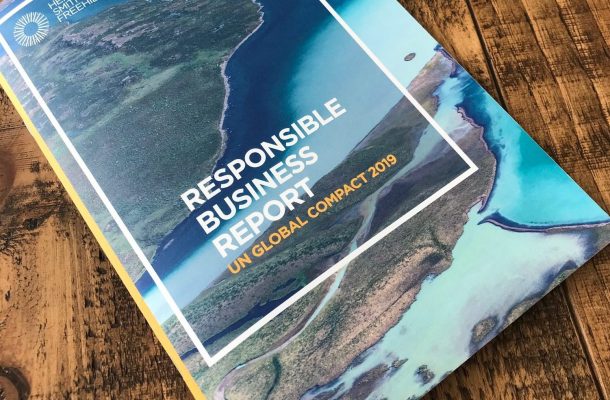The Problem with Plastic
Our oceans cover most of the Earth’s surface and are vital to sustaining life. In the last decade, human activities on land and at sea have placed enormous pressure on our water systems, damaging delicate ecosystems and reducing the availability of resources that many communities rely on. Recent studies have shown that more than 800 marine and coastal species are affected by plastic through ingestion, entanglement and other means.[1] Alarmingly, new evidence has emerged about microplastics detected in human blood[2] strengthening the need for urgent action to amplify efforts and build momentum for a common solution.
As more consumers demand effective responses, businesses face increased reputational risk from the challenges of plastic. So, how can companies respond to increasing pressure from a wide number of stakeholders to manage regulatory, reputational and operational risk?
Current Regulatory Landscape
Disturbingly, like carbon emissions, plastic pollution is global. This makes it challenging for countries to address and implement effective policies that cover the full plastic value chain, gain sufficient support and use standard reporting methodologies that drive large-scale change. These factors heighten operational complexity, non-compliance and reputational risks.
Plastic pollution, therefore, requires a global response involving the support of governments, businesses, and individuals. Instruments in the current international landscape are limited to the broader context of marine pollution and fall short of provisions related to plastic. Making it essential for a dedicated global framework that builds upon existing national, regional and international instruments whilst addressing the significant gaps that result in marine degradation.
Future Regulatory Landscape: UN Resolution to End Plastic Pollution
In January 2022, over 70 large business, including giants Nestle and Coca Cola, called for a legally binding UN treaty that supports the circular economy.[3] Their call for action was influenced by the need to harmonise regulatory mechanisms and to address the mounting pressure from stakeholders.
The historic passing of UN Environment Assembly resolution in March means such a crucial framework will be negotiated by the end of 2024.[4] The plastic treaty has the potential to be the most important multilateral agreement and to maximise the impact, all nations must confirm, adopt and ratify the treaty.
So, how will this treaty propel the business landscape? By addressing the full lifecycle of plastics from production, design and waste management, the treaty will set national action plans to meet voluntary targets.
- Recognise that plastic pollution includes microplastics
- Reaffirm the 2030 agenda for sustainable development
- Reaffirm the principles of the Rio Declaration on environment and development
- Strengthen coordination between stakeholders
- Promote the sustainable design of products and materials
- Reaffirm the importance and role of businesses.
How will businesses benefit from a plastic treaty?
Upon ratification by nation-states and ambitious plans implemented, your business may be subject to:
- New reporting requirements
- New monitoring standards and metrics
- Setting plastic reduction targets
- Conducting lifecycle assessments
The requirements may reduce some of the regulatory, reputational, and operational risks. Businesses can plan their investments effectively, manage their compliance and avoid damage to business reputation. Furthermore, the framework will simplify the reporting and monitoring process, leading to greater transparency and bolstering coordination across the plastic value chain along with improving the prospects for meeting ambitious corporate commitments.
At Simply Sustainable, we believe that businesses should embrace sustainability and are here to help your business understand how your brand, products and services have an impact on the environment across their entire life cycle.
[1] United Nations Sustainable Development. UN report finds marine debris is harming more than 800 species, costing countries millions.
2 Leslie, H., van Velzen, M., Brandsma, S., Vethaak, A., Garcia-Vallejo, J. and Lamoree, M., 2022. Discovery and quantification of plastic particle pollution in human blood. Environment International, 163, p.107199.
3 Edie. 2022. Coca-Cola and PepsiCo among big businesses urging UN to create new treaty on plastic pollution
4 UN Environment. Historic day in the campaign to beat plastic pollution: Nations commit to develop a legally binding agreement.
 >
>Request a call-back
"*" indicates required fields



